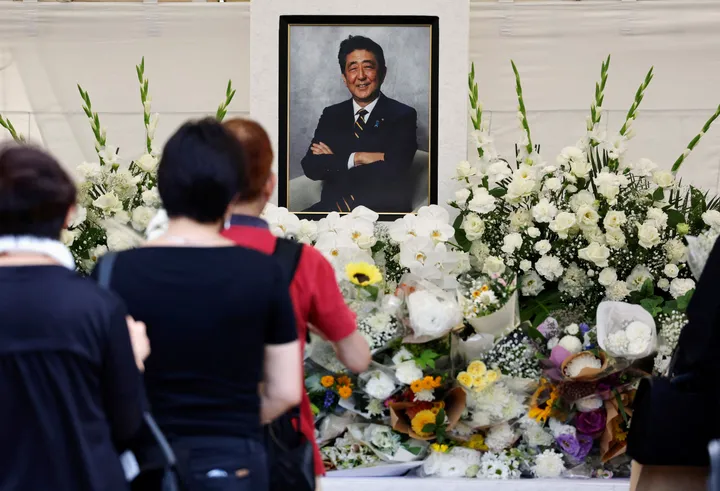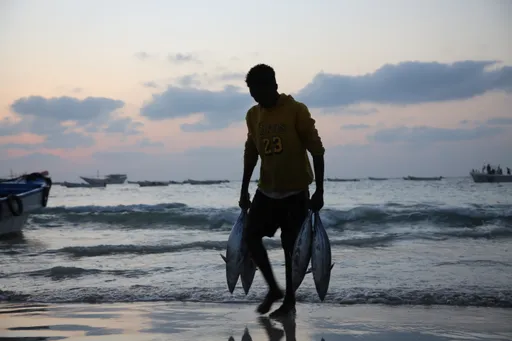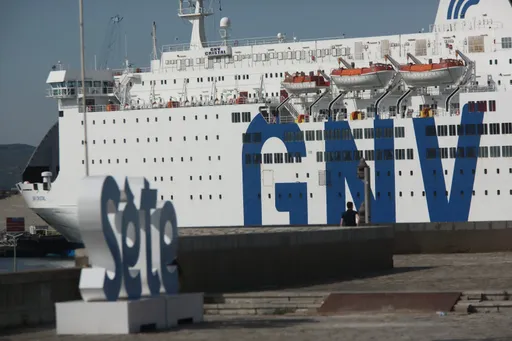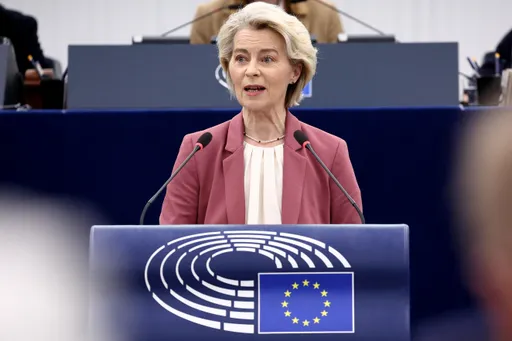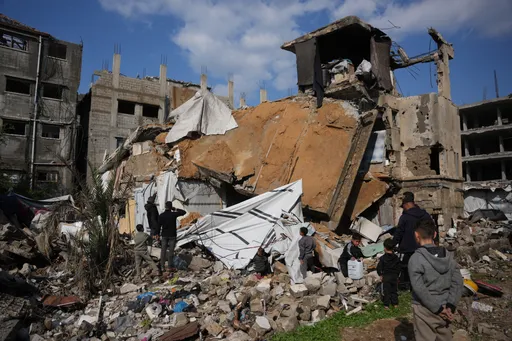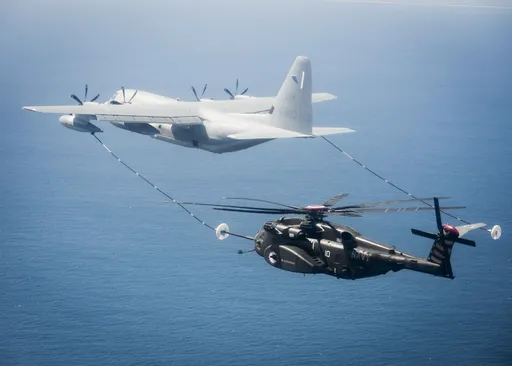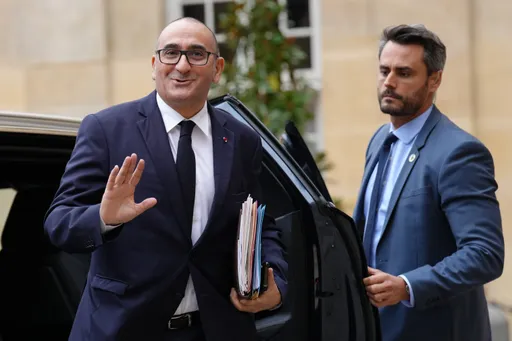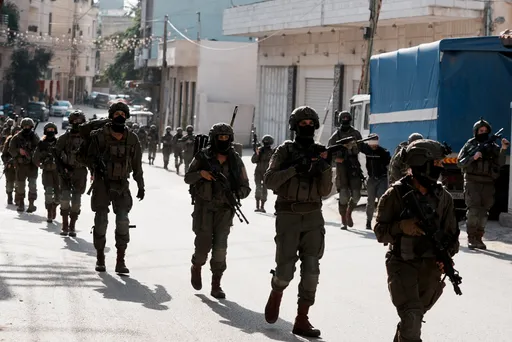Authorities in India-administered Kashmir have registered an unprecedented case against countless internet users who employed virtual private networks, or VPNs, to circumvent a social media ban in the disputed region, police said on Tuesday, in an apparent effort to stop their use.
Police said they misused social media "to propagate a secessionist ideology and promote unlawful activities."
"Hundreds of suspected misusers have been identified and are being probed," said Tahir Ashraf, who heads the police cyber division in Srinagar, the region's main city.
Police said in a statement on Monday that they have seized "a lot of incriminating material," adding that the accused could be charged under the draconian Unlawful Activities (Prevention) Act, which also allows the government to designate individuals as "terrorists."
But critics say the tight internet restrictions are "far worse censorship than anywhere in the world" and could spearhead a new level of government control over information allowing it to further restrict freedoms in Kashmir.
"Everything is policed here. There's no privacy in our lives," said Ikram Ahmed, a university student. "Now we will have people in jails for the mere use of social media."
According to Britain-based VPNCompare, Kashmir has seen an "unprecedented surge in demand for VPN information and direct requests via social media for assistance on working services in the region."
Evading censorship
Police officials questioned several users about their social media posts. However, no formal arrests have been made. But there've been reports of harassment and crackdown on internet users by Indian police and army.
Inspector-General Vijay Kumar appealed to the general public not to use social media via VPNs.
Kashmiris are evading censorship of the internet and social media by using VPNs, which are widely used globally to access restricted websites, after authorities in January allowed the restive region's seven million people to access government-approved websites, six months after cutting off the internet entirely.
In August last year, India unilaterally annexed the portion of disputed territory under its control by stripping the region of its semi-autonomy and statehood and imposed a total communications blackout.
The communication ban also involves a gag on popular social media platforms such as Facebook, WhatsApp, and Twitter.
Police officer Ashraf said, "misuse of social media has caused widespread disinformation and fake news." It was unclear whether authorities would clamp down on general social media users over the ban on the use of social media sites.
Since the internet ban was partially lifted on January 25, some Kashmiris have shared access to banned sites through VPNs and taken to the web to denounce the government's annexation on the disputed region.
1.4 million people give up phones
Due to the internet shutdown and communications blockade, Indian telecom companies have lost 1.4 million subscribers in the region, according to the Telecom Regulatory Authority of India (TRAI).
The data accessed by Anadolu Agency shows that through last November, the telecom sector recorded negative growth of 12.59 percent in the region, with 1.46 million people surrendering their phone connections.
"People could not recharge their phones or use any services, which led to an exponential rise in the number of disconnections," said TRAI officials.
Deadly conflict
The portion of the divided Kashmir region that India controls is one of the most militarised places in the world.
Last week, United Nations Secretary-General Antonio Guterres called for de-escalation and diplomacy in the resolution of the Kashmir dispute between Pakistan and India, saying "UN Security Council resolutions [should] be implemented," humans rights "respected," and "continental freedoms" allowed in the Himalayan region.
Kashmiri rebels have fought for decades for its independence or unification with Pakistan in a UN-promised plebiscite.
Archrivals India and Pakistan have fought two wars over the territory, both claiming it in its entirety.
Anti-India sentiment runs deep in Kashmir's mostly Muslim population and most people support the rebels' cause against Indian rule. Nearly 100,000 people have been killed in the uprising and the ensuing Indian military crackdown since 1989.
The Indian military has been accused of suppressing the Kashmiri uprising using brutal tactics, including infamous pellet guns which have wounded or blinded many Kashmiris.


